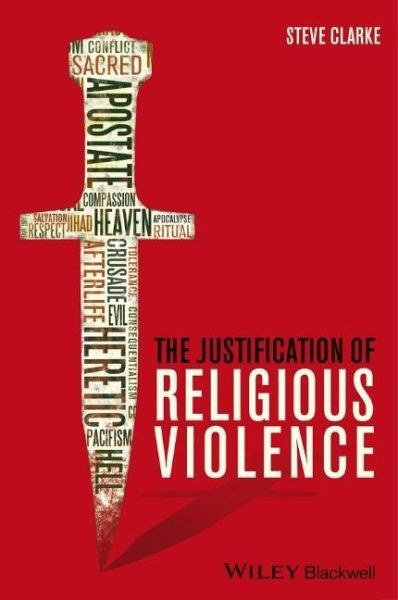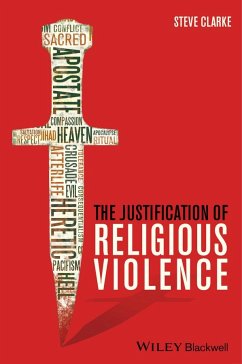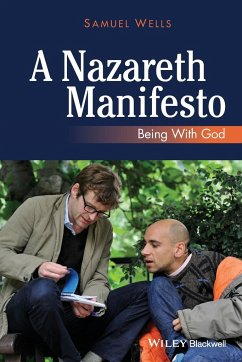
The Justification of Religious Violence
Versandkostenfrei!
Versandfertig in über 4 Wochen
66,99 €
inkl. MwSt.
Weitere Ausgaben:

PAYBACK Punkte
33 °P sammeln!
How are justifications for religious violence developed and do they differ from secular justifications for violence? Can liberal societies tolerate potentially violent religious groups? Can those who accept religious justifications for violence be dissuaded from acting violently? Including six in-depth contemporary case studies, The Justification of Religious Violence is the first book to examine the logical structure of justifications of religious violence.The first book specifically devoted to examining the logical structure of justifications of religious violenceSeeks to understand how just...
How are justifications for religious violence developed and do they differ from secular justifications for violence? Can liberal societies tolerate potentially violent religious groups? Can those who accept religious justifications for violence be dissuaded from acting violently? Including six in-depth contemporary case studies, The Justification of Religious Violence is the first book to examine the logical structure of justifications of religious violence.
The first book specifically devoted to examining the logical structure of justifications of religious violence
Seeks to understand how justifications for religious violence are developed and how or if they differ from ordinary secular justifications of violence
Examines 3 widely employed premises used in religious justifications of violence - 'cosmic war', the importance of the afterlife, and 'sacred values'
Considers to what extent liberal democratic societies should tolerate who hold that their religion justifies violent acts
Reflects on the possibility of effective policy measures to persuade those who believe that violent action is justified by religion, to refrain from acting violently
Informed by recent work in psychology, cognitive science, neuroscience and evolutionary biology
Part of the Blackwell Public Philosophy Series
The first book specifically devoted to examining the logical structure of justifications of religious violence
Seeks to understand how justifications for religious violence are developed and how or if they differ from ordinary secular justifications of violence
Examines 3 widely employed premises used in religious justifications of violence - 'cosmic war', the importance of the afterlife, and 'sacred values'
Considers to what extent liberal democratic societies should tolerate who hold that their religion justifies violent acts
Reflects on the possibility of effective policy measures to persuade those who believe that violent action is justified by religion, to refrain from acting violently
Informed by recent work in psychology, cognitive science, neuroscience and evolutionary biology
Part of the Blackwell Public Philosophy Series













